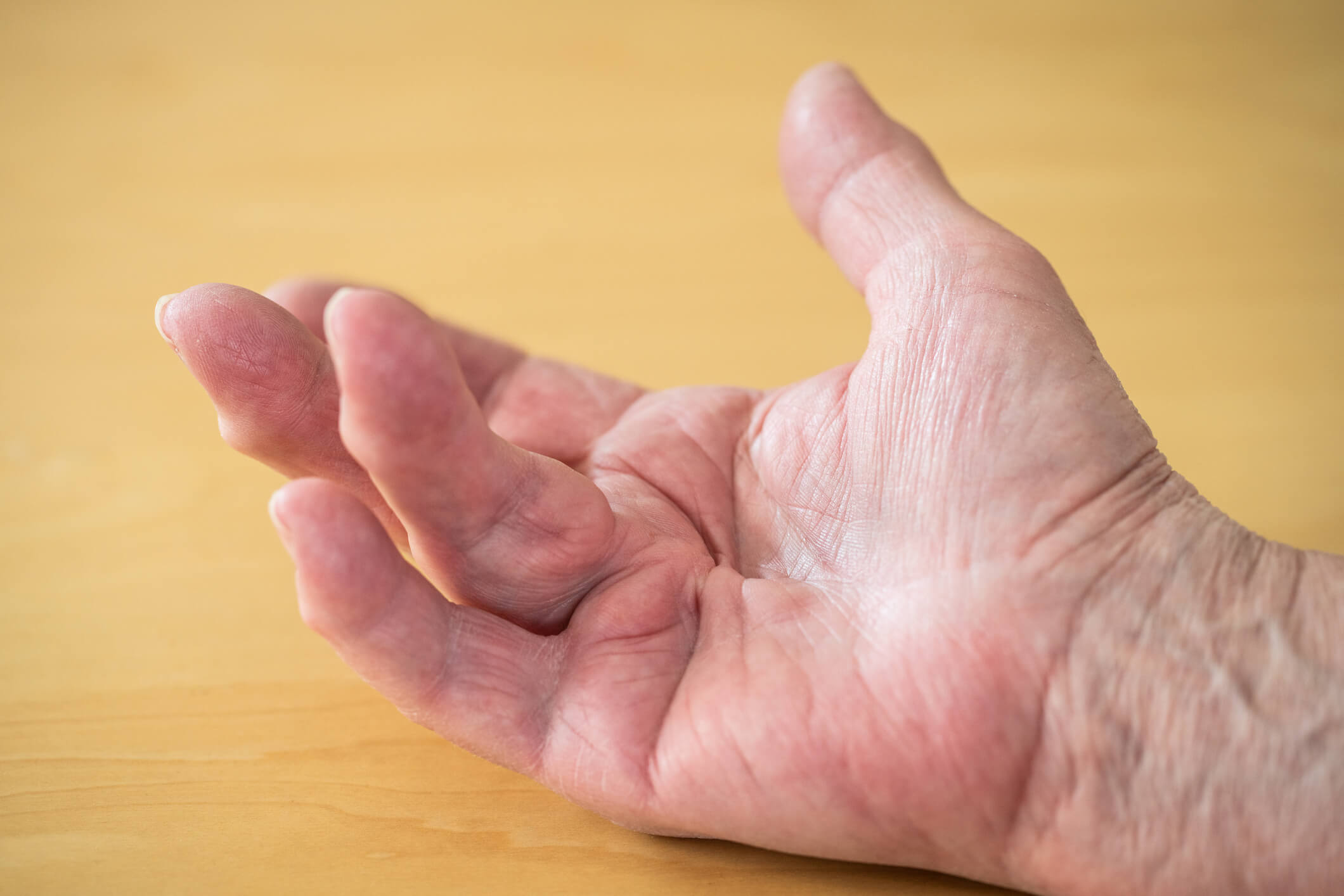Dr Nikhil Sharma
Consultant Neurologist
Specialist expertise: Headache, Migraine, Stroke, Epilepsy, Movement Disorders, Neurology.
Muscle spasms are a prolonged, involuntary contraction of any muscle.

Muscle spasms are a prolonged, involuntary contraction of any muscle. The commonest cause of this problem are the muscle responses that we may suffer having heavily exercised. When muscle cramps or spasms are either prolonged or recurrent, there is often an underlying condition.

Recurrent muscle spasm in the same location in the body would indicate that there is a specific underlying local cause. If there is a “vulnerable” structure, such as the rotator cuff muscles in the shoulder, then over a period of time they become more prone to tightening up once they have been used or exercised. Often the increased activity causes inflammation of the underlying structures, whether it be the shoulder joint itself or some of the soft tissue structures within the rotator cuff. The pain messages provoke a muscle contraction response, a primitive defence mechanism, to encourage us to rest the shoulder and allow it to heal.

From a mechanical point of view it is asymmetry that is most likely to provoke long term muscle spasm. The two main situations where this occurs are:

Long term muscle spasm is most commonly as a result of a medical condition. Any medical condition that interferes with the normal communication from the brain to the muscles can result in long term muscle spasm which, if severe and the muscles become shortened and scarred, is called a contracture. After a cerebrovascular accident (CVA) also known as a stroke, the nervous system is damaged at the highest level in the brain. The normal voluntary message to control the muscle is lost and instead reflexes at the spinal cord level, resulting in uncontrolled muscular contraction. These muscular contractions can also be part and parcel of generalised neuromuscular disease such as Motor Neurone Disease (MND) and Multiple Sclerosis (MS).
**Locked-up can refer to the muscular response to injury as a primitive defence mechanism as outlined above. However, this is also a specific mechanical problem within the knee joint. Damage to the cartilage may produce a flap of tissue which becomes trapped between the Femur (thigh bone) and the Tibial (shin bone) Plateau. This is one reason that we may need an arthroscopy – putting a camera into the joint to trim that cartilage.

This is the medical term applied to a poor blood supply to any part of the body. Atheroma (narrowed arteries) caused by high cholesterol, smoking or less commonly an inherited disorder reduces the blood supply to the peripheries. This is most often apparent in the legs. As we walk or run, the demand for oxygen in the leg muscles outstrips supply as not enough blood circulates through the muscles. Lactic acid builds up causing pain and the acidity affects the Magnesium and Calcium levels in the tissues. This interferes with the normal message from the nerves to the muscles and the muscle contracts and stays that way.

Dehydration and mineral loss will cause muscle spasms.
Whether from being in a hot climate, exercising or both, excess sweating may occur and we lose salt. This salt is integral in maintaining normal nerve message transmission to the muscles. Loss of Magnesium and Calcium also affects the subtle balance of the nerve messages asking the muscles to contract and relax again resulting in muscle spasms / cramps. This is the most common cause of mineral loss.
There are also a wide range of medical conditions where mineral levels are low. We either fail to ingest them from the food we eat (malabsorption), or we fail to retain them when blood is filtered and cleaned by poorly functioning kidneys.
Certain medications, most commonly diuretics or ‘water tablets’, that encourage removal of excess water from the body, may cause the loss of precious minerals such as Na+ and Potassium K+, again resulting in poor muscle function, weakness and cramps.
At OneWelbeck we have a number of consultant neurologists on our team at our private neurology centre. When you book a consultation with us for muscle spasms your consultant will assess your needs and develop a personalised treatment plan based on your medical history.
We are able to offer appointments to referred paediatric patients aged 12-18. For full information on our paediatrics service, please visit our main Paediatrics page.
Currently selected day
Available consultations